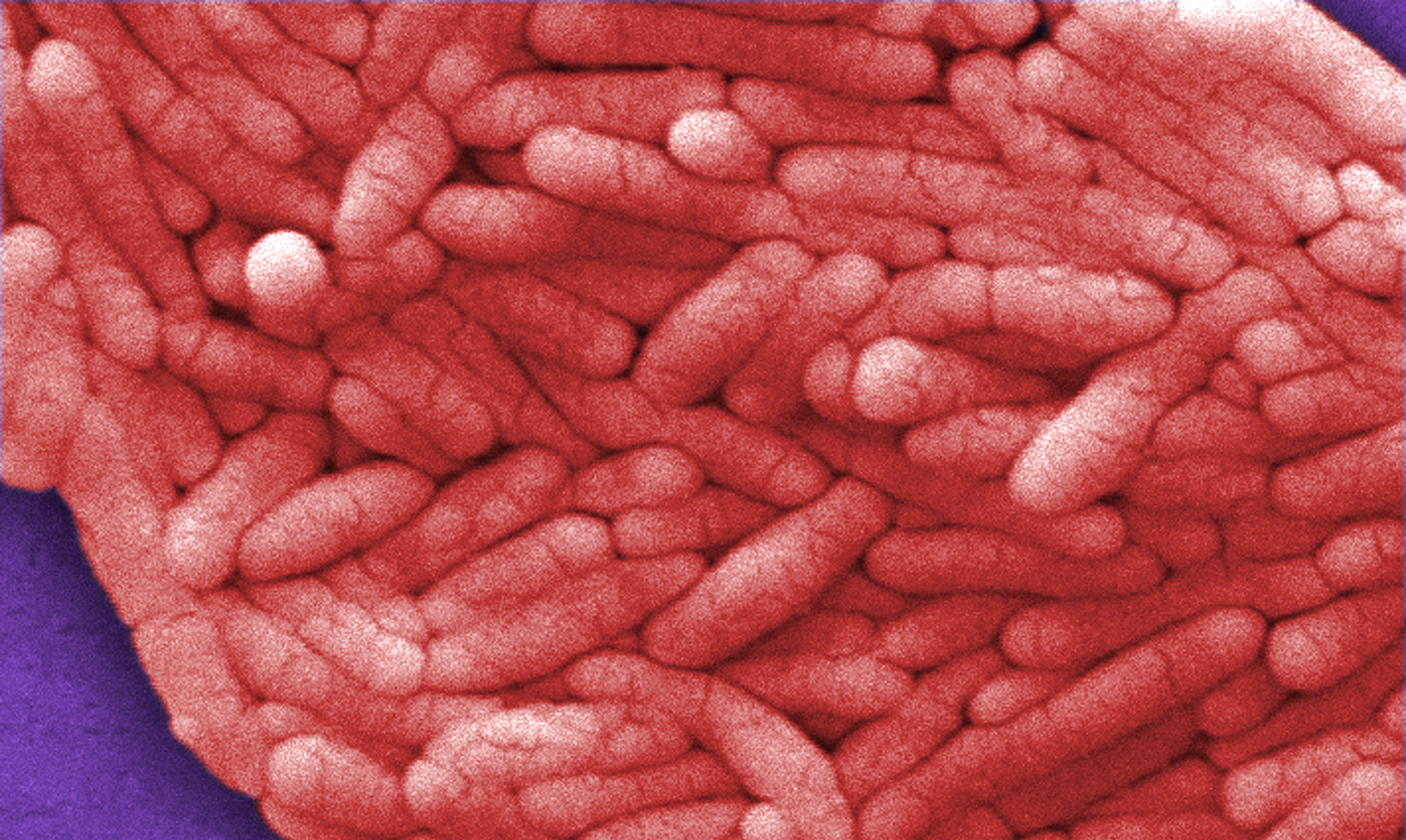A woman contracted her brother’s acne and her boyfriend’s depression after receiving fecal transplants from both donors to cure her bowel disease, Business Insider reported Tuesday.
Daniell Koepke, who suffered from irritable bowel syndrome symptoms such as indigestion, stabbing pains from trapped gas and severe constipation during her college years, took to fecal microbiota or DIY poop transplants as a measure of last resort, according to the report. She had taken six courses of antibiotics a year for five years on doctors’ prescriptions but to no avail. Her symptoms reportedly forced her to increasingly cut foods out of her diet till the range slimmed down to not more than 15 foods and she lost much weight.
Koepke then began taking fecal transplant pills made from brother’s stools as part of a last-resort clinical procedure. She slowly regained weight and resumed bowel movements naturally for the first time in three years, according to the report.
However, she developed acne, like her brother, who has a history of developing hormonal acne, the report revealed. (RELATED: Americans, I’m Begging You — Please Start Eating Normal-Sized Portions Of Food)

Under a very high magnification of 12000X, this colorized scanning electron micrograph shows a large grouping of Gram-negative Salmonella bacteria. REUTERS/Janice Haney Carr/CDC/Handout (UNITED STATES HEALTH)
Switching donors from her brother to her boyfriend, Koepke reportedly found that her acne disappeared. However, she developed depression, which her boyfriend was known to experience.
“Over time, I realized my depression was worse than it’s ever been in my life,” Koepke reportedly told the Netflix documentary “Hack Your Health: The Secrets of Your Gut.”
Her depression ceased when she switched donors back to her brother, the report noted.
The gut microbiome comprises trillions of microorganisms that feed off the food in the gut. However, their nature is also shaped by the kind of food people eat, which partly explains certain adverse reactions that result from switching foods, according to the report.
Altered relationships between the human body and the gut microbiome can contribute to inflammatory bowel diseases, scientists have found.
Western foods, often low in fiber and rich in sugar and fats, heavily influence the composition of the gut microbiome, with decreased gut microbial diversity being associated with obesity, according to research. A similar imbalance fostering pro-inflammatory gut bacteria at the expense of anti-inflammatory ones drives faulty signaling of the brain by the gut. This contributes to depression, research shows.



